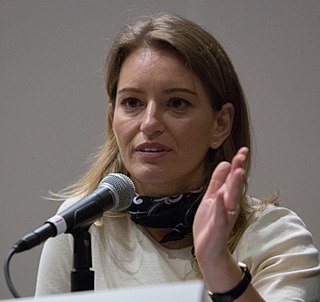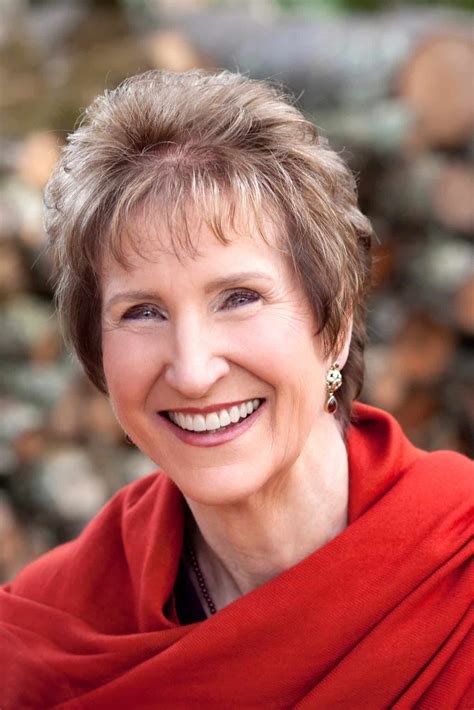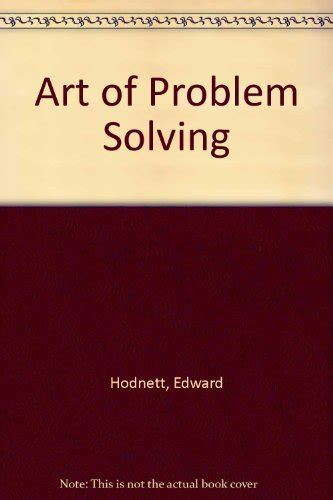A Quote by Frederick Buechner
ON HER DEATHBED, Gertrude Stein is said to have asked, 'What is the answer?' Then, after a long silence, 'What is the question?' Don't start looking in the Bible for the answers it gives. Start by listening for the questions it asks.
Related Quotes
A writer has to take all the risks of putting down what he sees. No one can tell him about that. No one can control that reality. It reminds me of something Pablo Picasso was supposed to have said to Gertrude Stein while he was painting her portrait. Gertrude said, “I don’t look like that.” And Picasso replied, “You will.” And he was right.
Every once in awhile, find a spot of shade, sit down on the grass or dirt, and ask yourself this question: “Do I respect myself?” A corollary to this question: “Do I respect the work I’m doing?” If the answer to the latter question is NO, then the answer to the former question will probably be NO too. If this is the case, wait a few weeks, then ask yourself the same two questions. If the answers are still NO, quit.
When you're just starting out in the TV business, you don't know anything at all, and you think you're doing a better job than everyone else around you, and you just sort of presume that you're not getting the credit you deserve. And then when you start to get better, the pressure is extraordinary, and then you start to second-guess everything you do, and when people start looking to you for answers, for insight and for analysis and guidance, you start to wonder if you are the right person - even when you have all the information.
Start her, now; give 'em the long and strong stroke, Tashtego. Start her, Tash, my boy-start her, all; but keep cool, keep cool-cucumbers is the word-easy, easy-only start her like grim death and grinning devils, and raise the buried dead perpendicular out of their graves, boys-that's all. Start her!
I have often had cause to feel that my hands are cleverer than my head. That is a crude way of characterizing the dialectics of experimentation. When it is going well, it is like a quiet conversation with Nature. One asks a question and gets an answer, then one asks the next question and gets the next answer. An experiment is a device to make Nature speak intelligibly. After that, one only has to listen.







































